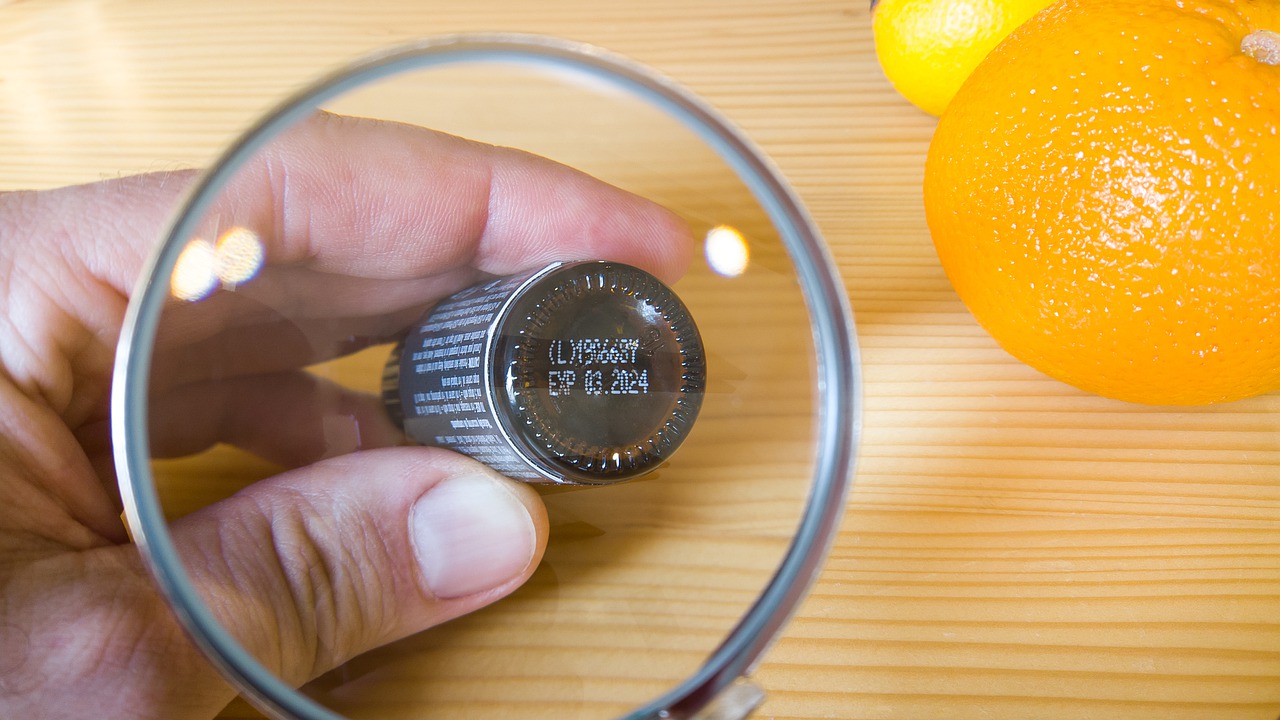By now, the one-year mandatory guarantee is known to just about everybody in Hungary. Perhaps most people even known what differentiates it from statutory warranty: as long as a product is covered by mandatory guarantee, the seller will not be released from the related liability unless it is able to prove that the fault in the product only existed after the purchase was made. In other words, it will have to prove that the product was error-free at the time of the purchase and the buyer used it incorrectly or not for the purpose intended, and this led to the malfunction. Dozens of categories of durable goods are subject to mandatory guarantee in 2021, such as household and electric appliances, mobile phones, computers, furniture, watches and jewellery, toys, child-care products, health-care products, power garden tools, etc. These were also covered by the mandatory guarantee in 2020, when the guarantee period was one year if the purchase price was more than HUF 10,000.
Starting from 1 January 2021, the length of the mandatory guarantee can be two or even three years, depending on the price of the product. The relevant products are listed in a Government Decree, and the
However, the rules have changed not only in terms of the length of the guarantee but also in terms of the products that are covered by it. Products in the following eight new categories have been subject to the guarantee since 1 January 2021, as long as they are sold for more than HUF 10,000: door and windows, shades and blinds (roller blinds, awnings, Venetian blinds, vertical blinds), intercoms, alarm systems, video surveillance systems, garage doors, solar thermal collectors, photovoltaic systems, toy hoverboards, toy electric scooters, toy drones and drones classified as open-category drones. 2021.
What risks do these rules create? What risks do these rules create? Well, all relevant guarantee statements have to be modified, and consumer protection authorities very actively monitor whether distributors properly inform consumers about their new guarantee rights.The new rules were published in the 140th issue of Magyar Közlöny, the official government gazette, last summer, and so companies had half a year to make preparations and adapt their existing guarantee statements, general terms, user manuals, internal processes, and even their product range to the new requirements – if they do not want to be sanctioned. Sanctions will typically be fines, which will be accompanied by an order for the offender to prepare a guarantee statement with the required information and to submit it to the authorities.
At first sight, it may seem that the new rules and the mandatory guarantee itself are only a matter for retailers to worry about, because they have contractual relationships with consumers as well as the obligation to provide the necessary information and, if there is a problem, to repair or replace the product, or to agree on a discount or the refunding of the purchase price. However, the new rules also have an impact on the operation of repair shops, wholesalers and manufacturers. If you think about it, the longer guarantee period means that repair shops will have to deal with more complaints and malfunctioning products, and it is likely that retailers will be stuck with more unsold products, because only better quality products will be able to stand up to the rigours of regular use without a problem for as much as three years. On the other hand, in the light of the three-year guarantee, consumers might be more inclined to sue retailers when it comes to products that cost more than HUF 250,000 but are not that good of a quality, because they will know that the burden of proof will be on the retailers and not on them.
Therefore, the distributors and manufacturers of the products listed in the Government Decree should have good look at the new rules and think about the consequences that they might entail. It might be necessary to review product portfolios, while guarantee statements will definitely have to be revised to avoid fines.
As for repair shops, making a reasonable effort to repair or replace a guarantee-protected malfunctioning product within 15 days is no longer sufficient. When a shop receives a product for repairs, it should bear in mind that if it does not repair the product within 30 days and it does not want to replace it either, it will have to refund the purchase price to the consumer within eight days. Under another new rule, a product that is repaired three times cannot undergo another repair procedure and it must be replaced or its purchase price must be refunded within 8 days. Guarantee statements may now be delivered to consumers electronically, although this also means that the URL from which the statement is downloaded must be maintained throughout the guarantee period.
We will be happy to assist you in your preparations, so feel free to contact us.
Andrea Magdolna Nagy, attorney, Consumer Protection Practice Leader











